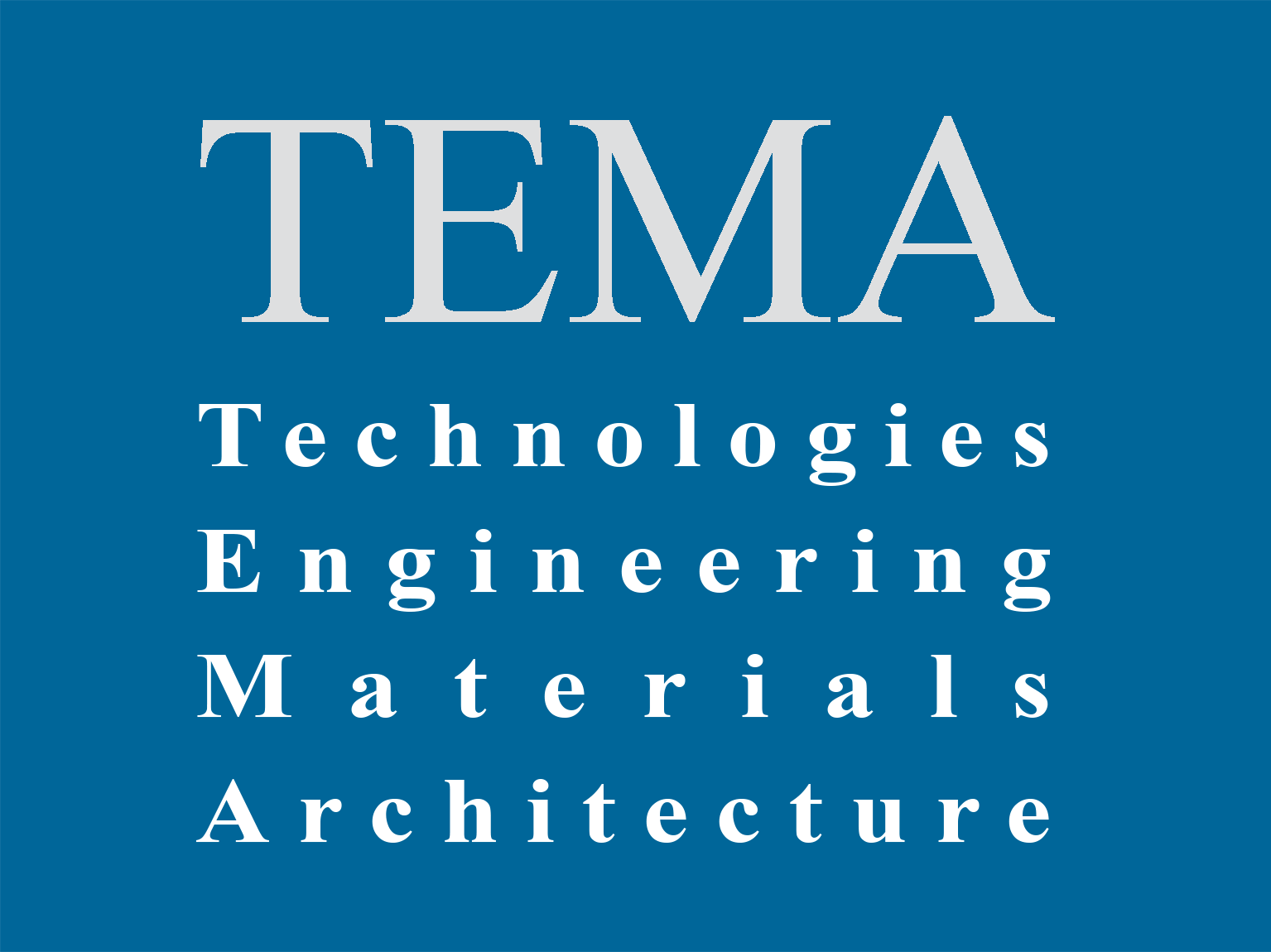Crises represent crucial global dynamics events, which were predictable and have been with us for some time. In the new context caused by epidemic and pathogenic conditions, not only must it be reaffirmed that planetary society is an integral part of nature, but that the production processes of anthropogenic metabolism are part of the more general metabolism of nature. Climate change, a significant element of the contemporary environmental crisis, will orient living conditions within the global ecological crisis in a different way.
The concept of habitable space, which is, above all, a space of correlation between society and the environment, considers technology as a factor in the reconstitution of a process that is symbiotic and no longer of exploitation of environmental resources. Recently, there has been a renewed awareness of place consciousness and of inhabitants/producers who, through a co-evolutionary principle, are called upon to develop “neo-ecosystems” according to a territorial identity principle.
Rather than representing levels of identity that nevertheless express borders, the “local” category constitutes what is discussed and argued in common through a measure of involvement and intensity. So, the relationship between transition cities and urban resilience is part of the governance of the new phenomena of non-linearity. In metropolitan areas, the spread of new urban polarities evolves the concept of resilience towards a multi-scalar and multi-sectoral condition of adaptation and mitigation of anthropogenic and environmental risks.
Inside this scenario, hyper-specialisation still represents the tendency of a technical character that induces the development of deep competencies but loses the critical sense of technique in its ethical and socio-economic interactions. Inhabiting and building evolved scenarios of society need a multifunctional thought that can develop and critically manage the choices and uses of technology in a design scenario capable of coherently integrating its contributions.









